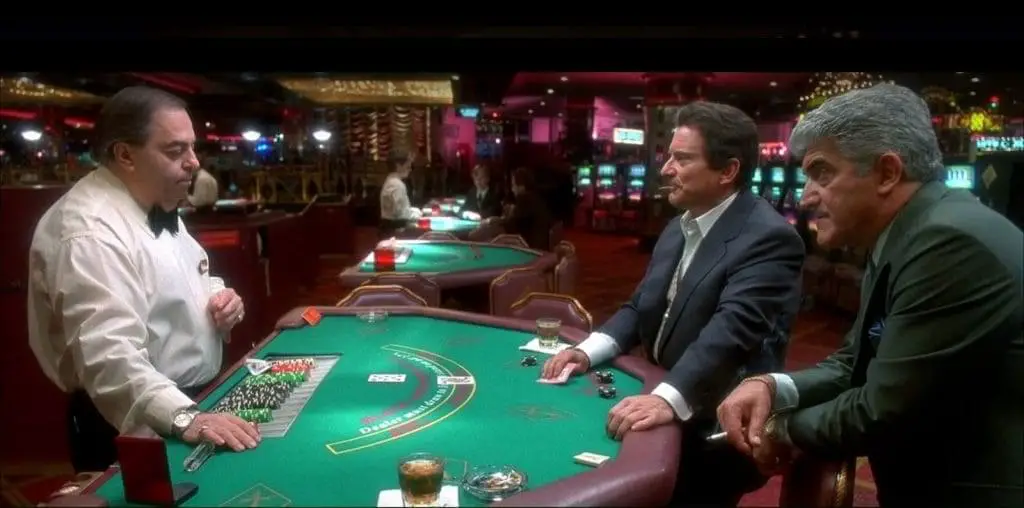
What sort of challenges did you face in doing the documentary? ^ Well, no money. I quit my job soon after beginning this project. So I would go and freelance and work a little bit, and then I’d shoot some, and then I’d work a little more to feed my family. And I kinda did that for five years. I went through all the savings I had. And now I’m on my credit cards. MasterCard probably has a hit man out on me. Financially it was tough. And I have a wife and a child, and, you know, when your spouse kind of does a u-turn in the middle of life, it can be a tough thing to go along with. So she’s been very patient and supportive. It’s a big life upheaval.
Bukowski inspired an entire generation of writers to drink while they write. Is that really a good idea? ^ Well, he’s the only person that succeeded at it that I know of. I know Truman Capote was a big drinker, but when he wrote In Cold Blood, he just holed himself up in this hotel room in Kansas and he didn’t have a drop. And Hemingway the same thing; he would never drink while he wrote. And it’s sort of been considered taboo to do both at the same time. But, yeah, Bukowski, he really felt… it’s interesting, he felt he needed the drinking to help get the juices going. At the end of his life, when he was sick, he stopped the drinking while he wrote. And it’s the most powerful stuff. It’s like D.H. Lawrence’s Ship of Death poems. He’s looking at the end, and it’s just this ingenius, dark, powerful stuff. And some of his best. So, it would be interesting to see what he wrote sober for a longer period of his life.
Obviously you’re a fan of Bukowski. What are the essential books? ^ I think, for his poetry, there’s a collection that came out posthumously that’s called What Matters Most is How Well You Walk Through the Fire. It’s a wonderful collection. I think for novels: Post Office, the story of his 14 years working as a postal employee. It’s hilarious and it’s tragic and if you’ve worked a lousy job for a boss you hate for no pay, you can relate to that book. And how many of us haven’t? Ham on Rye is the story of his childhood, and how he was traumatized as a kid (beaten by his father), and then he got this horrible case of acne vulgaris, which scarred him internally as well as externally. That’s a really powerful book as well.
What do you hope audiences get from the film? ^ I hope that maybe some young kid sees it and is encouraged to maybe follow their heart, as he did. In this culture, all the forces are down on us to go out in the world and get a career and make a lot of money and do these things that are important maybe to our parents and our teachers… but it’s not always what’s important to us. And Bukowski followed his bliss, and he sacrificed for it. But maybe some young kid sees this film and, you know, he really wants to be a screenwriter, he really wants to be an artist… and his parents are forcing him into law school, and he sees the film and says, “Ahhh… man, I just gotta go with who I am and what I wanna be.” And maybe it’ll create a miracle in some people’s lives. And that’s what I hope.
